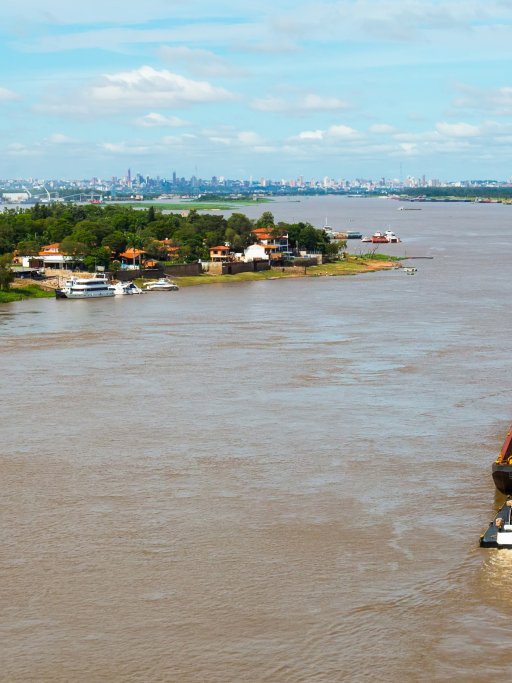WOPs in Asia
WaterLinks (the Philippines)
Established in 2008, WaterLinks is a fully independent, non-profit organization operating across Asia. Principal WaterLinks activities are:
- WOPs support and facilitation (over 70 WOPs to date);
- Regional capacity building program development (e.g. training, toolkits, manuals, studies); and
- Knowledge management and networking.
GWOPA collaborates with Waterlinks to facilitate WOPs and develop thematic materials.
P-WON (Pakistan)
In South Asia, GWOPA has supported the establishment of PWON, the national WOP platform in Pakistan.
The network of urban water supply and sanitation service providers in Pakistan has been entrusted with the mandate to help water and sanitation operators to extend services to all. P-WON is supporting Pakistan’s utilities, as well as other WSS Operators, in their efforts to achieve universal watsan coverage throughout Pakistan. Presently, P-WON Secretariat is based in WASA Lahore Head Office building and gathers 13 WASAs from all Pakistani regions.
Through PWON’s network, utilities share their knowledge and experiences with each other. The network is headed by a Chairman and its Secretariat is run by a National Coordinator. The Chairman is elected by members/WSS operators of PWON after three years.
PERPAMSI (Indonesia)
The national platform for WOPs in Indonesia is PERPAMSI, an independent water supply association founded in 1972. As of 2019, PERPAMSI’s members have reached 438 water utilities, most of which are public water utilities belonging to the local/regional governments.
The main role of PERPAMSI is to assist the government of Indonesia and support capacity development of its members in providing better services to customers. Water Operators’ Partnerships (WOPs) are a tool used by PERPAMSI to support its members’ performance improvement. As a WOP facilitator, PERPAMSI encourages its members to help one another in building their capacity based on the spirit of solidarity, having organized 59 national WOPs since 2011 as of today.
WOPs in Pacific
The Pacific Water and Wastewater Association (PWWA) is a not for profit organization and was established in 1994 to support the Pacific region in meeting all water challenges both at the national and regional level. From voluntary membership that brought together utilities and people dedicated to bringing Pacific water issues to the fore, PWWA grew over time to an established regional organization with its permanent Secretariat established and recognized in 2017, following some dynamic reforms. Its headquarters is in Samoa with 4 full time staff including the Chief Executive Officer.
WOPs in Asia play a crucial role in building efficient and effective water and sanitation service providers. With growing urban centers, Asia needs reliable water supply, efficient use, and systems to treat and reuse water. During the 5th Global WOP Congress, this session showcased WOPs that have enhanced utility efficiency and service delivery, particularly in response to climate risks. It will also explore the experiences and challenges of regional platforms in promoting WOPs, aiming to identify actions to scale these partnerships across Asia and further develop the capacity of water and sanitation operators.
